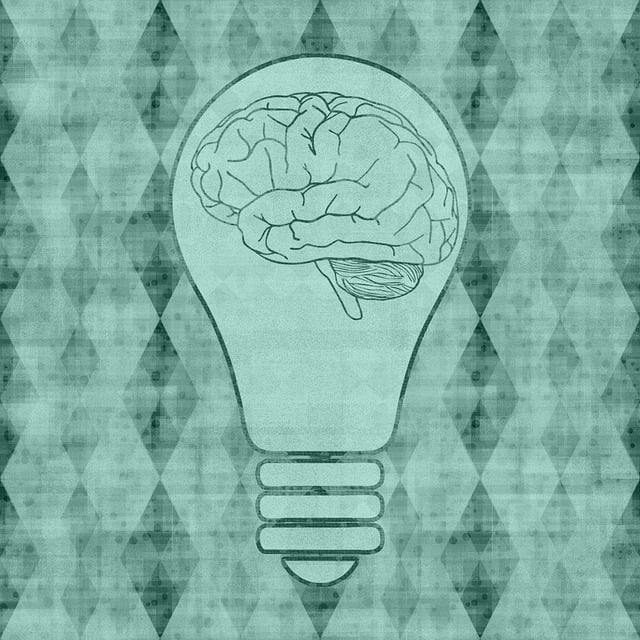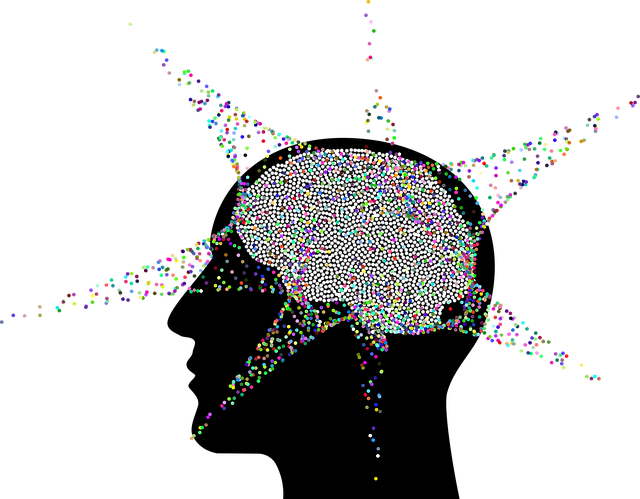Wheat Ridge Bariatric Evaluations Therapy employs advanced data analysis techniques, including machine learning and statistical modeling, to transform raw mental health data into actionable insights. They combine quantitative analysis with qualitative assessments to identify hidden patterns in patient mental health, like seasonal fluctuations or triggers for eating disorders. This holistic approach integrates mental health education, burnout prevention strategies, and data visualization tools to create personalized treatment plans that address both physical and psychological needs. By fostering trust and engagement, their methods enhance the effectiveness of interventions while promoting continuous improvement through program design and Mental Wellness Podcast Series.
Mental health data analysis is a powerful tool for understanding and improving patient outcomes, especially in complex treatment programs like Wheat Ridge Bariatric Evaluations Therapy. This article explores the process of analyzing and interpreting mental health data, from initial collection and assessment to advanced techniques. We delve into effective visualization methods for uncovering trends and present strategies for integrating findings to enhance therapeutic evaluations, ultimately improving care and outcomes.
- Understanding Mental Health Data: Collection and Initial Assessment
- Advanced Analysis Techniques for Insightful Interpretations
- Visualizing Trends: Creating Meaningful Mental Health Reports
- Integrating Findings: Enhancing Wheat Ridge Bariatric Evaluations Therapy
Understanding Mental Health Data: Collection and Initial Assessment

Understanding Mental Health Data involves a meticulous process beginning with data collection through various methods like patient surveys, clinical notes, and biometric feedback. In the context of Wheat Ridge Bariatric Evaluations Therapy, this might include assessments tailored to address specific challenges unique to bariatric patients, encompassing not just their physical health but also psychological well-being. Initial assessment plays a pivotal role in unravelling intricate mental health landscapes, identifying potential issues such as depression, anxiety, or eating disorders that often accompany weight loss journeys.
This phase demands a balanced approach, combining quantitative data analysis with qualitative insights. Empathy Building Strategies and Mind Over Matter Principles can be woven into the initial assessment framework to create a supportive environment. By doing so, mental health professionals not only gain valuable insights but also foster trust and engagement, making it easier for individuals to open up about their struggles, thereby enhancing the effectiveness of subsequent interventions and prevention strategies like Burnout Prevention tailored to this specific patient population.
Advanced Analysis Techniques for Insightful Interpretations

In the realm of mental health data analysis, advanced techniques are transforming the way we interpret and understand complex information. These innovative approaches, often employing machine learning algorithms and sophisticated statistical models, enable healthcare professionals to uncover profound insights from vast datasets. By delving into these intricacies, practitioners can offer more personalized and effective treatments, such as those tailored through Wheat Ridge Bariatric Evaluations Therapy. Advanced analysis techniques not only facilitate the identification of trends and patterns within individual patient profiles but also help predict potential outcomes, allowing for proactive interventions.
The integration of Mental Health Education Programs Design into data analysis workflows further enriches the process. By combining robust analytical methods with evidence-based educational initiatives, healthcare systems can foster a culture of continuous improvement. Additionally, Mental Wellness Podcast Series Production serves as a powerful tool to disseminate findings and promote mental wellness discussions on a broader scale. Stress Management, another crucial aspect, is inherently linked to data analysis, as understanding stress triggers and their impact enables the development of targeted interventions, ultimately enhancing overall well-being.
Visualizing Trends: Creating Meaningful Mental Health Reports

In the realm of mental health data analysis, visualizing trends through compelling visuals transforms raw numbers into meaningful reports. This is where Wheat Ridge Bariatric Evaluations Therapy truly shines. By employing advanced statistical tools and intuitive software, therapists can uncover hidden patterns within patient populations. For instance, a Mental Wellness Podcast Series Production might highlight the seasonal fluctuations in anxiety levels or identify specific triggers for depressive episodes. These insights are not just numbers; they are stories of individual struggles and victories, offering valuable context for personalized treatment plans.
Empathy Building Strategies and Burnout Prevention Strategies for Healthcare Providers become more effective when backed by data visualization. Therapists can swiftly identify at-risk individuals based on trends and tailor interventions accordingly. This proactive approach ensures that support is directed where it’s needed most, fostering a nurturing environment conducive to mental health recovery. Visual representations also facilitate effective communication with patients, helping them understand their progress and engage more actively in their therapy journey.
Integrating Findings: Enhancing Wheat Ridge Bariatric Evaluations Therapy

Integrating findings from mental health data analysis can significantly enhance Wheat Ridge Bariatric Evaluations Therapy. By delving into the psychological aspects alongside physiological evaluations, therapists gain a holistic view of their patients’ well-being. This multifaceted approach recognizes that physical and mental health are intricately linked; thus, treating one without addressing the other may leave patients with unmet needs.
For instance, data might reveal correlations between specific self-care practices and stress management techniques and weight loss outcomes. Such insights could inform therapy sessions, encouraging clients to incorporate more mindful activities like meditation or journaling into their routines. This integration of self-awareness exercises not only supports their bariatric journey but also equips them with valuable tools for lifelong health and well-being.
Mental health data analysis is a powerful tool for improving patient outcomes, as demonstrated by the integration of advanced techniques in Wheat Ridge Bariatric Evaluations Therapy. By understanding and visualizing trends through meaningful reports, healthcare providers can make informed decisions tailored to individual needs. This comprehensive approach ensures that treatment strategies are not only evidence-based but also effective, ultimately enhancing the quality of care for those seeking mental health support.













